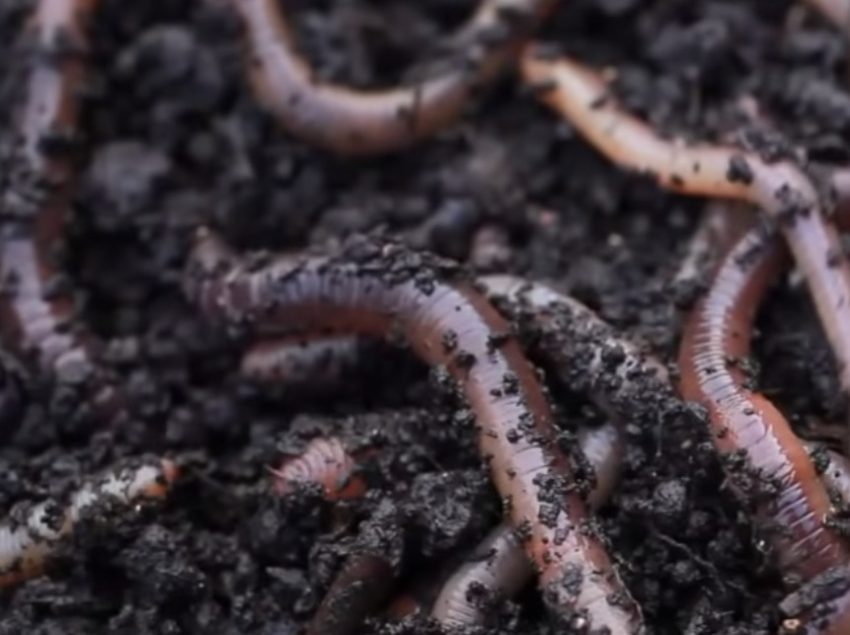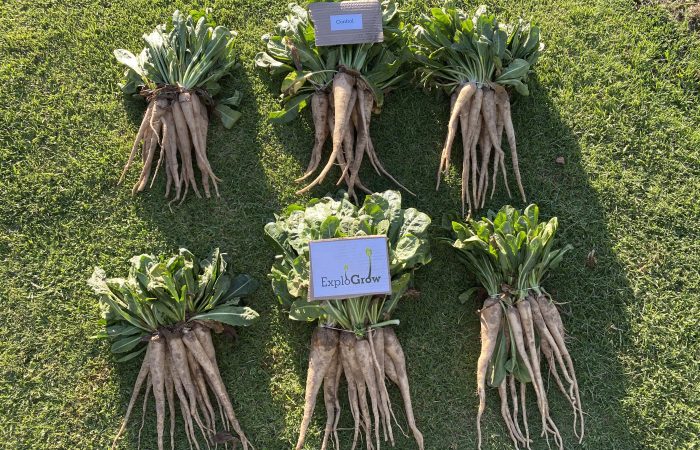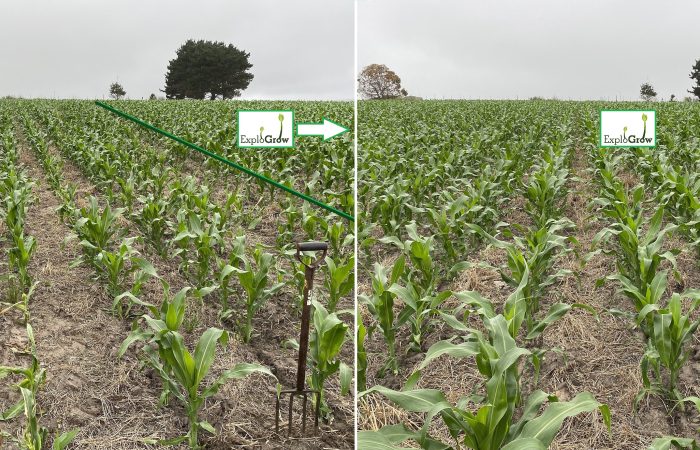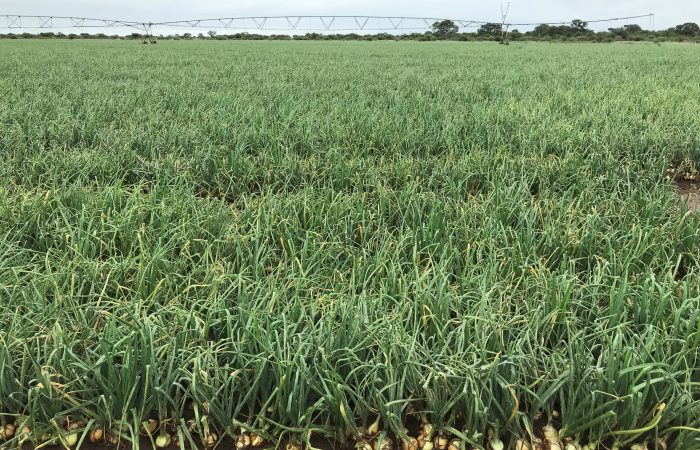The symbiotic relationship between ExploGrow™ organic microbes and Earthworms
The symbiotic relationship between ExploGrow™ microbes and Earthworms.
Written by Mark A. Young and Benji L. Willis
In order for plants to access the nutrients in organic material it must be converted into plant available form. This process is dependant on biological agents in the soil. Some of the microbes in ExploGrow™ are directly involved in this decomposition process.
Earthworms also play an important role in this decomposition and the relationship between these organisms is fascinating and very important to the farmer and gardener alike.
First let us consider the size of these organisms. The earthworm is visible to the naked eye while microbes are not. This scale is important. Both feed on soil organic material but it is this difference size which makes the relationship between these two so interesting and in effect synergistic.
As the earthworms ingest this organic material they also happen to eat the tiny microbes feeding on the same matter. But rather than eliminating the microbes, the secretion of enzymes in the gut of the earthworm cause an increase in these microbes, up to +1000 times in some cases. Then, as the earthworms burrow through the various layers of the soil, they deposit nutrient-dense, microbially-rich castings.
In so doing they increase biodiversity and concentration of microbes deeper in the soil improving the spatial scale at which microbes are present.
Furthermore, this microbial rich process is known to suppress pathogens.
In conclusion the symbiotic relationship between ExploGrow™ and earthworms can…
- Aid in the decomposition of organic material
- Increase plant nutrient availability
- Increase soil biodiversity and microbial concentration in the soil
- Suppress pathogens
- Improve spatial scale at which microbes are found in the soil
- Increase soil structure and porosity
- Increase soil water penetration and holding capacity
- Improve soil health
- Improve root density and depth
- Increase drought and waterlogging tolerance
- Increase plant nutrient uptake
- Improve plant health
- Increase potential plant growth and yield

References:
Aira, M., Monroy, F., Dominquez, J., & Mato, S. 2002. How earthworm density affects microbial biomass and activity in pig manure. European Journal of Soil Biology. 38(1):7-10.
Aira, M., Monroy, F., & Dominquez, J. 2007. Earthworms strongly modify microbial biomass and activity triggering enzymatic activities during vermicomposting independently of the application rates of pig slurry. Science of the Total Environment. 385(1):252-261.
Chaoui, H., MiZibilske, L., & Ohno, T. 2003. Effects of earthworm casts and compost on soil microbial activity and plant nutrient availability. Soil Biology and Biochemistry. 35(2):295-302.
Dempsey, M,A., Fisk, M,C., Yavitt, J,B., Fahey, T,J., & Balser, T,C. 2013. Exotic earthworms alter soil microbial community composition and function. Soil Biology and Biochemistry. 67:263-270.
Dominquez, J., Aira, M., & Gomez-Brandon, M. 2009. Vermicomposting: Earthworms enhance the work of microbes. Microbes at Work. Springer-Verlag Berlin Heidelberg. 93-114.
Doube, B.M., Stephen, P.S., Davoren, C.W., & Ryder, M.H. 1994. Interactions between earthworms, beneficial soil microorganisms and root pathogens. Applied Soil Ecology. 1(1): 3-10.
Drake, H.L., & Horn, M.A. 2007. As the Worm Turns: The Earthworm Gut as a Transient Habitat for Soil Microbe Biomes. Annual Review of Microbiology. 61:169:189.
Edwards, C., & Fletcher, K.E. 1988. Interactions between earthworms and microorganisms in organic matter breakdown. Agriculture, Ecosystems and Environment. 24(1):235-247.



